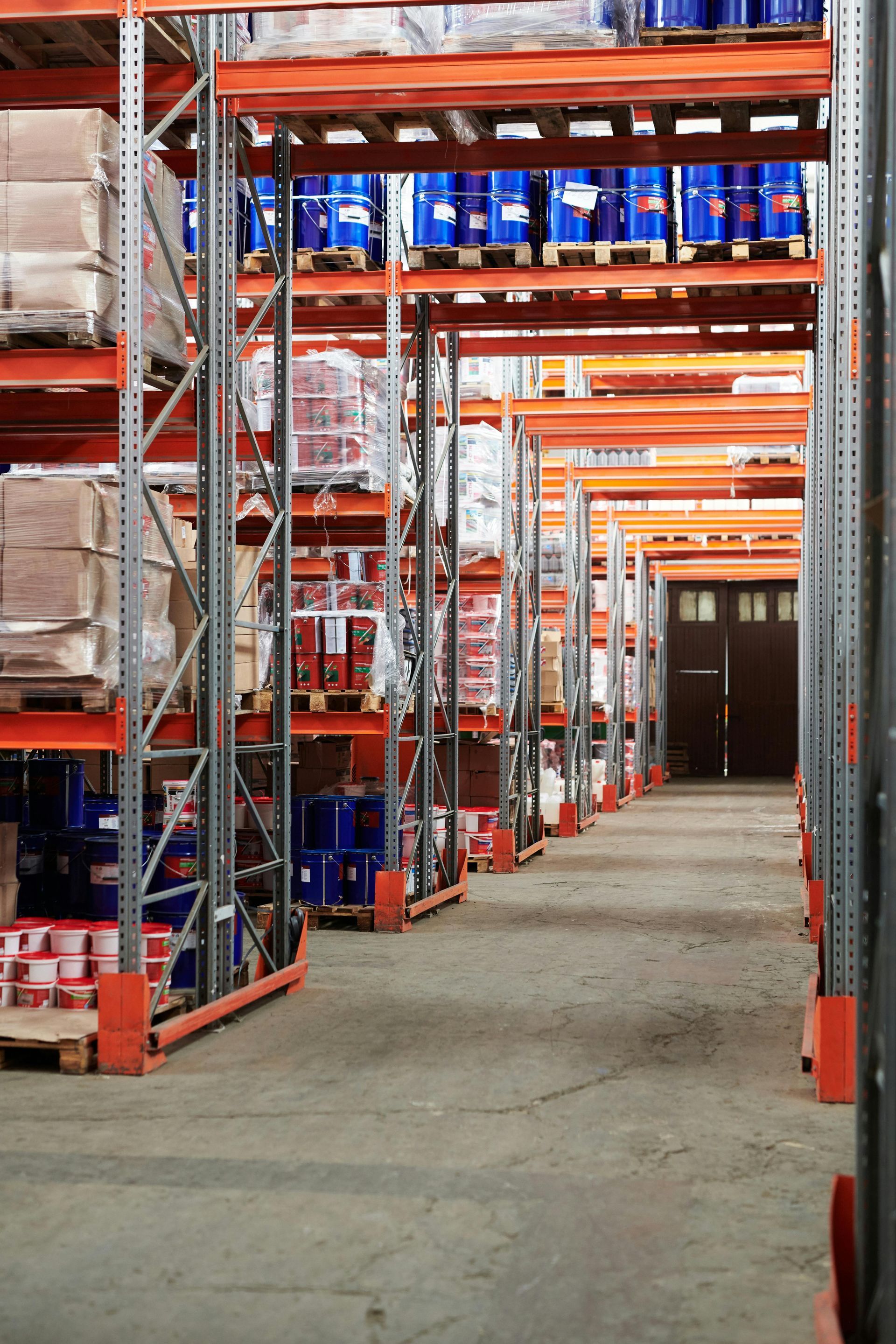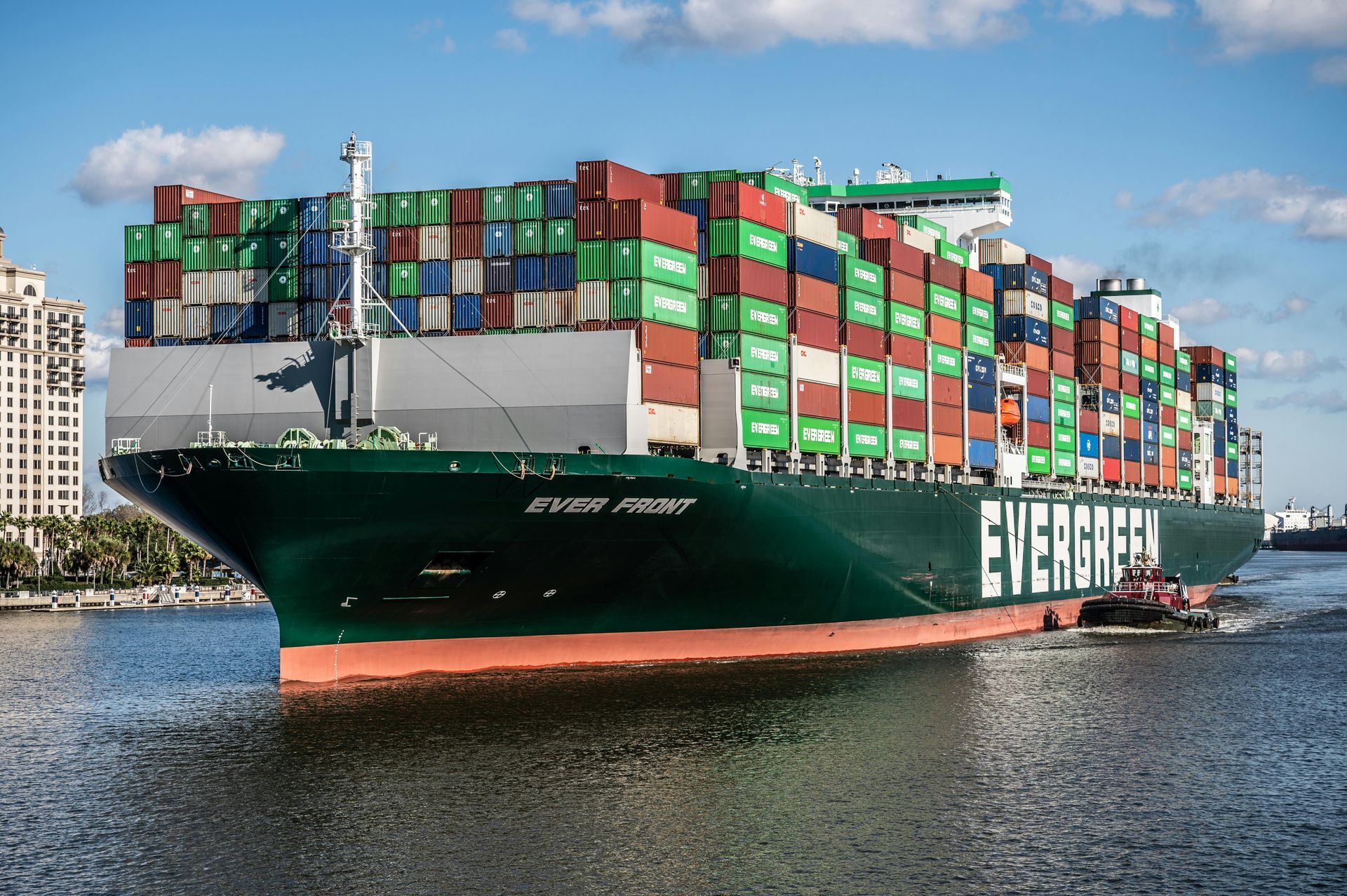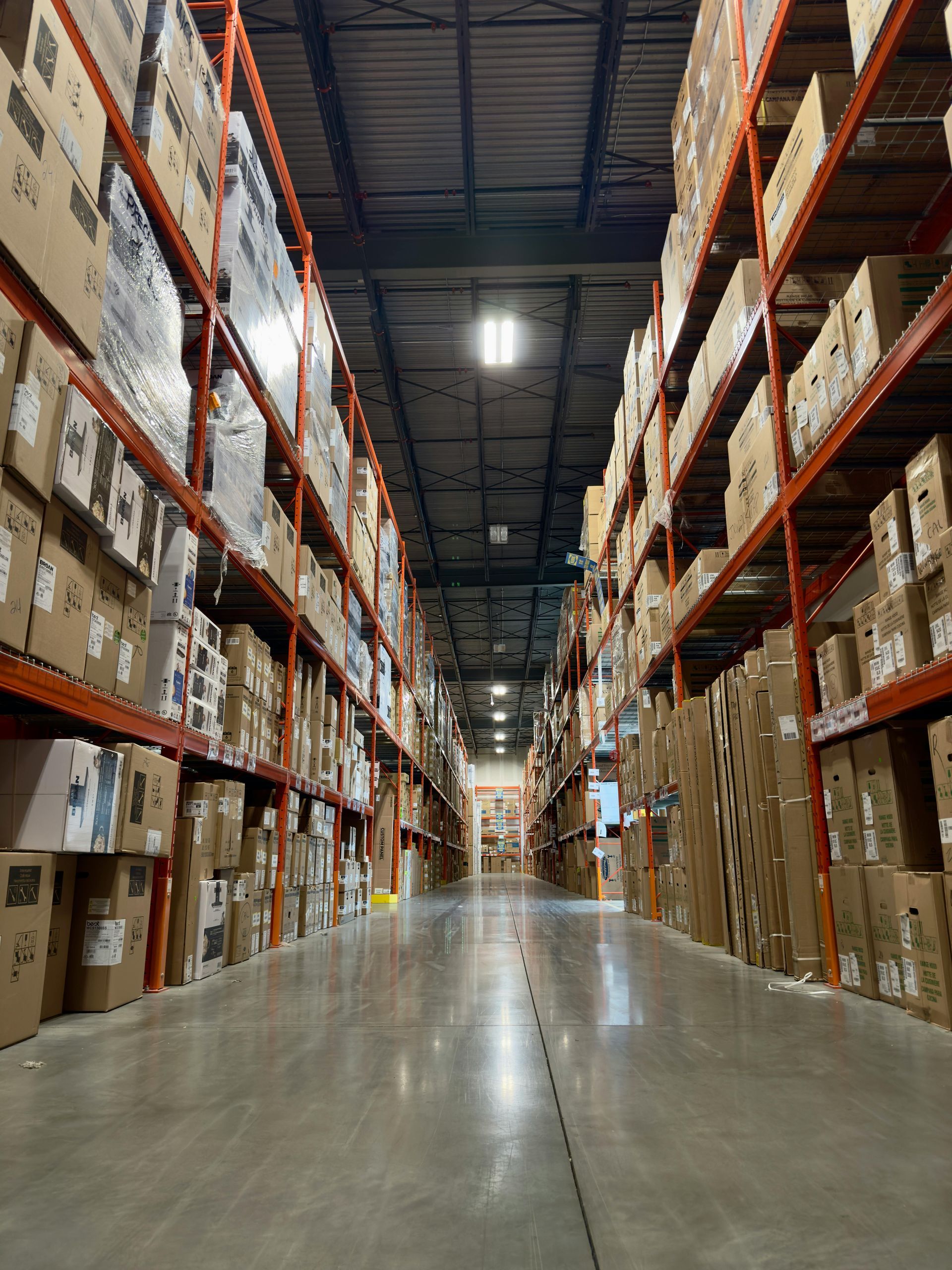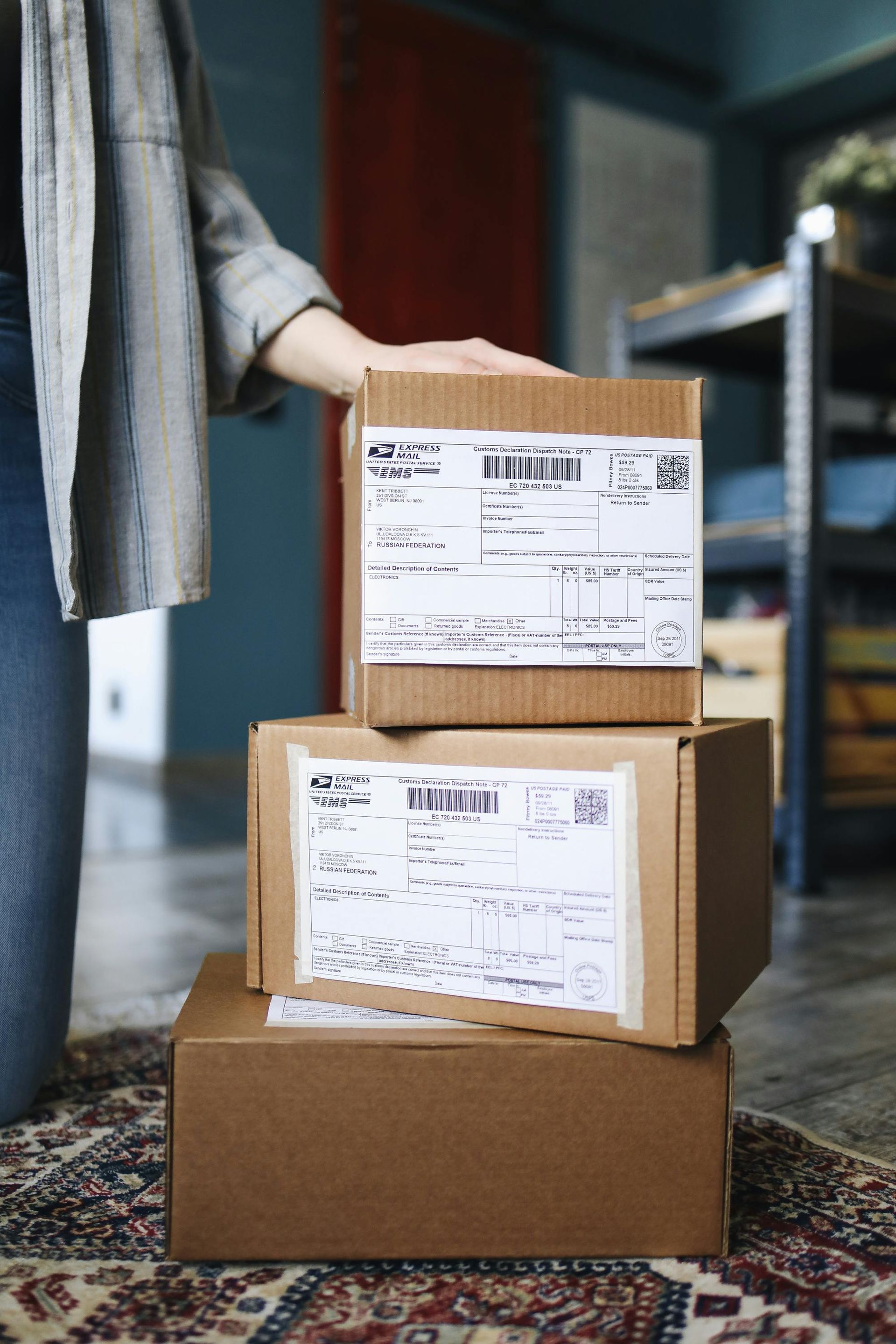How Logistics Impacts Customer Satisfaction
Customer satisfaction is one of the most important factors in the long-term success of a business in any industry. While marketing, product quality, and pricing often get the spotlight, logistics plays a crucial role behind the scenes. From timely deliveries to real-time order tracking, a company’s logistics operations directly influence the customer experience.
In today’s competitive market, customers expect speed, accuracy, and convenience in every transaction. Efficient logistics ensures that goods move smoothly from warehouse to doorstep, supporting these expectations and fostering customer loyalty. A well-managed logistics system not only drives repeat purchases but also boosts brand reputation.
Key Takeaways:
- Logistics affects customer satisfaction through delivery speed and accuracy.
- Real-time tracking and communication build trust with buyers.
- Order fulfillment efficiency reduces delays and errors.
- Smooth returns handling improves the post-purchase experience.
- Reliable logistics operations enhance brand reputation.
- Technology and automation play key roles in logistics success.
Understanding the Role of Logistics in the Customer Journey
The customer journey does not end with the click of a purchase button. In fact, what happens after the order is placed has a lasting impact on how customers view a brand. Logistics covers all the back-end processes required to deliver a product, including inventory management, warehousing, picking and packing, shipping, tracking, and returns.
These processes shape the customer’s perception of reliability, efficiency, and care. For example:
- A delayed delivery may lead to frustration or order cancellation.
- Accurate tracking updates keep customers informed and reassured.
- A damaged or incorrect item reflects poorly on the company.
In short, good logistics is a bridge between customer expectations and brand performance.
Delivery Speed: The Need for Timeliness
Customers today value speed. Fast delivery options have become the norm, especially with the growth of e-commerce giants that offer same-day or next-day shipping. While not all businesses can match these standards, minimizing delivery times is essential to meeting customer expectations.
Factors influencing delivery speed:
- Warehouse location and network reach
- Inventory availability and picking efficiency
- Choice of shipping carriers and delivery services
- Order processing time and cut-off policies
Businesses that optimize their logistics for speed can:
- Increase customer satisfaction and loyalty
- Reduce cart abandonment rates
- Stay competitive in a crowded market.
Accuracy and Fulfillment Quality
Order accuracy is another critical factor in logistics. Customers expect to receive the right product, in the right quantity, in good condition. When logistics operations fall short, it can lead to returns, complaints, and negative reviews.
Key aspects of fulfillment quality:
- Accurate picking and packing processes
- Quality control and item verification
- Proper packaging to prevent damage
- Coordination between inventory and order systems
Errors in order fulfillment can damage customer trust. On the other hand, consistent accuracy enhances the shopping experience and builds confidence in the brand.
Transparency and Real-Time Tracking
Customers appreciate visibility into the status of their orders. Real-time tracking and proactive communication help reduce anxiety and increase satisfaction.
Benefits of transparency in logistics:
- Customers can plan for delivery or pickup
- Reduced support inquiries related to order status
- Builds trust and keeps buyers engaged
- Allows for better exception management if delays occur
Investing in logistics systems that offer automated notifications, GPS tracking, and clear delivery windows can significantly improve the post-purchase experience.
Returns Handling and Customer Satisfaction
An effective return process is part of the overall logistics strategy. Returns are often unavoidable, but how they are handled can either strengthen or weaken customer relationships.
Best practices for return logistics:
- Provide clear return policies and instructions
- Offer prepaid return labels or in-store options
- Process returns and refunds promptly
- Keep customers informed of return status
A smooth return experience encourages repeat business, while a confusing or delayed return process can drive customers away.
The Impact of Last-Mile Delivery
Last-mile delivery is the final step in the delivery chain, and it plays an outsized role in shaping customer satisfaction. It includes transporting goods from the local distribution center to the customer’s doorstep.
Challenges in last-mile logistics:
- Traffic congestion and route inefficiencies
- High delivery costs
- Failed delivery attempts due to incorrect addresses or missed drop-offs
Businesses can improve last-mile delivery by:
- Using route optimization tools
- Offering flexible delivery windows
- Communicating with customers on delivery day
Technology’s Role in Customer-Centric Logistics
Technology and automation help streamline logistics, improve accuracy, and increase responsiveness. From inventory management to delivery tracking, digital tools are essential for enhancing customer satisfaction.
Common technologies used:
- Warehouse Management Systems (WMS)
- Transportation Management Systems (TMS)
- Real-time order tracking apps
- Automated sorting and packing machines
Technology also supports data collection, allowing companies to analyze performance, identify problems, and continuously improve their logistics operations.
Building Trust Through Reliable Logistics
Consistently reliable logistics creates a sense of trust and dependability that customers value. When a business delivers on its promises, customers feel confident in their purchases and are more likely to return.
Elements of reliable logistics:
- Predictable delivery schedules
- Minimal errors and damages
- Professional and courteous delivery personnel
- Responsive customer support for logistics issues
Reliability builds customer loyalty and distinguishes a brand from competitors who may not meet the same standards.
How Logistics Impacts Different Business Models
The importance of logistics can vary depending on the type of business and its target audience. However, in all cases, efficient logistics plays a role in shaping the customer experience.
| Business Model | Logistics Focus | Impact on Satisfaction |
|---|---|---|
| E-commerce | Fast, accurate shipping | Reduces returns, builds loyalty |
| Subscription boxes | Timely and consistent delivery | Increases engagement and trust |
| B2B Supply chains | Reliable inventory replenishment | Supports business continuity |
| Retail (with online) | Store pickup and items reintegration | Provides flexibility and convenience |
By understanding these differences, businesses can tailor their logistics to meet specific customer expectations.
Frequently Asked Questions
How does logistics influence customer satisfaction?
Logistics affects delivery speed, accuracy, and communication, all of which shape the customer experience and brand perception.
What is the role of last-mile delivery in customer satisfaction?
Last-mile delivery is crucial because it is the final touchpoint in the shopping journey. Timely and accurate deliveries enhance satisfaction.
How can businesses reduce logistics-related complaints?
By improving order tracking, reducing errors, offering flexible delivery options, and handling returns efficiently.
What technologies help improve logistics performance?
Warehouse management systems, real-time tracking apps, route optimization software, and automated fulfillment tools all contribute.
Are returns more common in e-commerce?
Yes, consistent and reliable logistics encourages repeat purchases, positive reviews, and long-term customer loyalty.
Final Thoughts
Logistics is more than just moving products from point A to point B. It is an essential part of delivering a complete and satisfying customer experience. From the moment an order is placed to the time it arrives—or is returned—logistics plays a central role in meeting expectations, resolving issues, and building lasting customer relationships.
Businesses that prioritize logistics as part of their customer experience strategy are better positioned to compete in today’s market. With the help of technology, clear communication, and a commitment to reliability, logistics can become a powerful driver of customer satisfaction and business success.
Boost customer loyalty through smarter, more reliable logistics.
Reference:
https://www.oracle.com/asean/scm/logistics/warehouse-management/what-is-warehouse-management/













